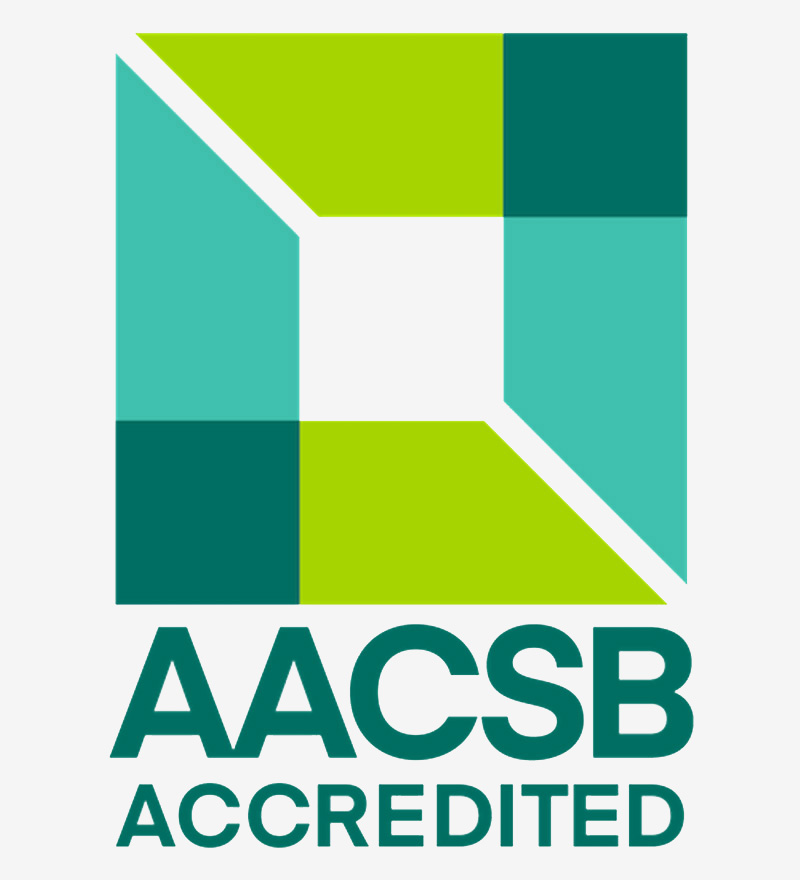The Bachelor of Accounting/Bachelor of Business double degree equips its graduates with a broad and highly specialised body of knowledge that enables them to kick-start a long and impactful career.
The Bachelor of Accounting will equip you with integrated accounting and business knowledge, social intelligence and ethical decision-making skills required to produce impactful outcomes for a range of organisations. Not only will you be able to explain accounting’s role in a local and global context, but you will also be able to identify, analyse and develop solutions for key industry challenges and real-world issues.
The knowledge you develop throughout your studies in the Bachelor of Business integrates culturally appropriate business, social intelligence, and ethical decision-making skills, enabling you to produce sustainable, fair, and impactful outcomes. You will be able to identify, analyse, evaluate and address complex challenges in both local and global contexts.
The contemporary, interdisciplinary nature of this double degree enables you to engage with a range of stakeholders and organisations, all with ever-changing goals and requirements.





